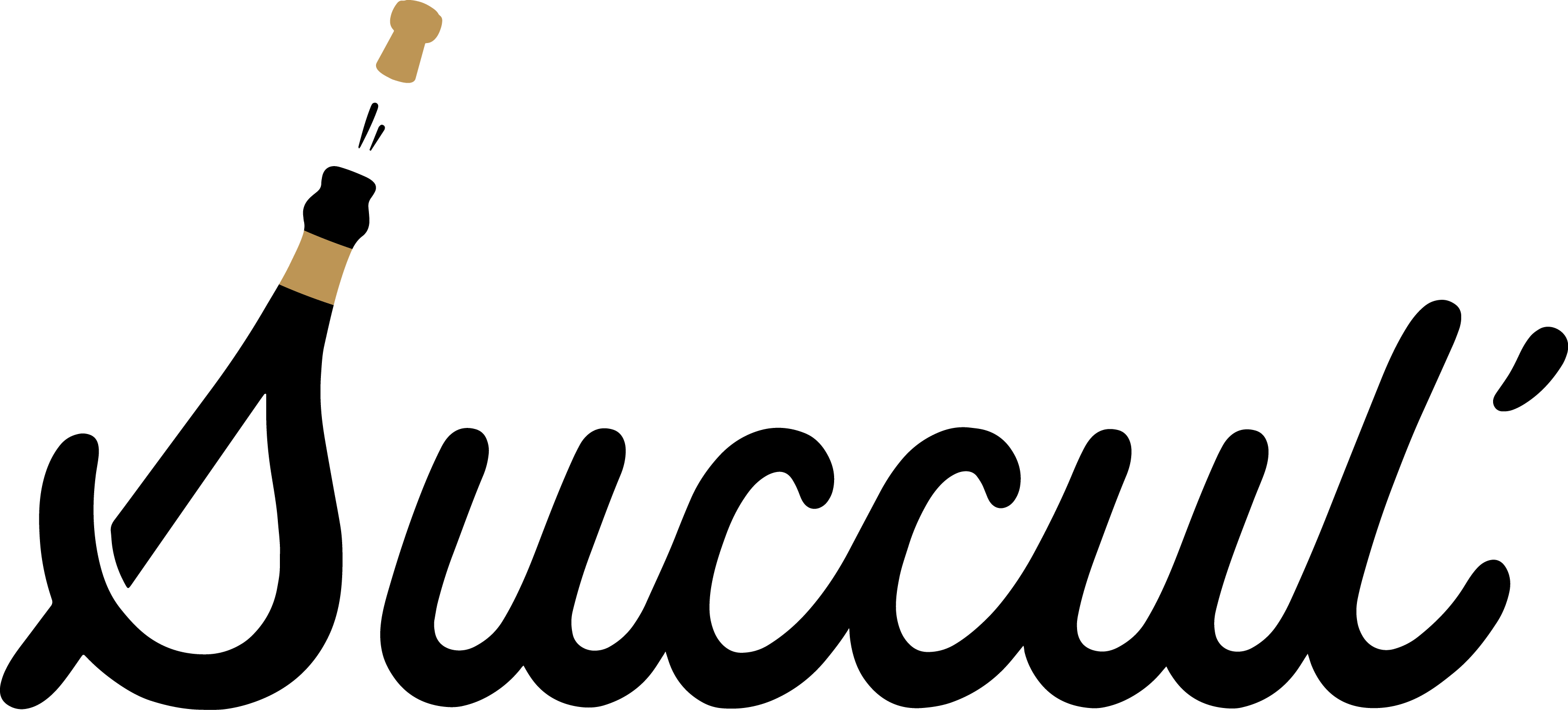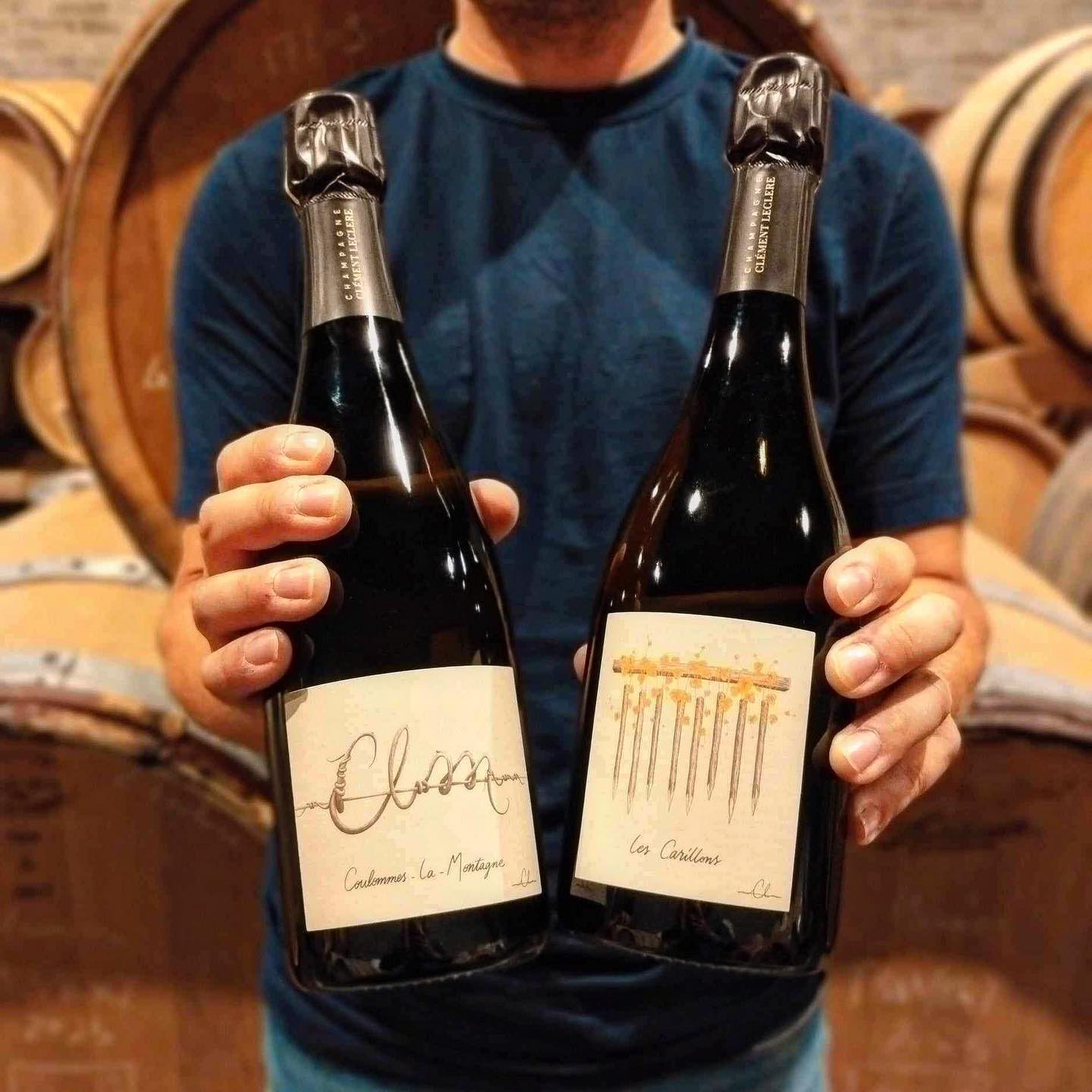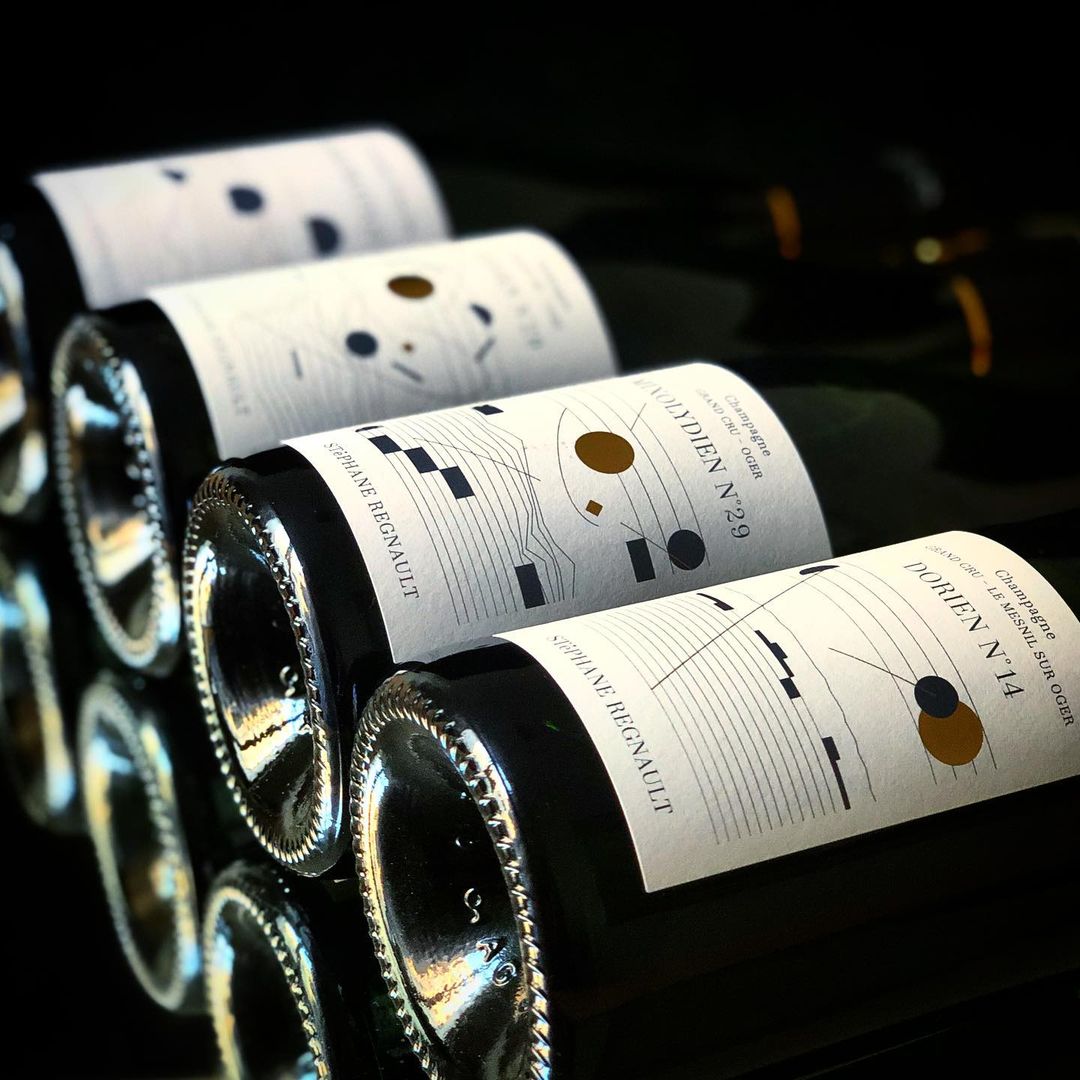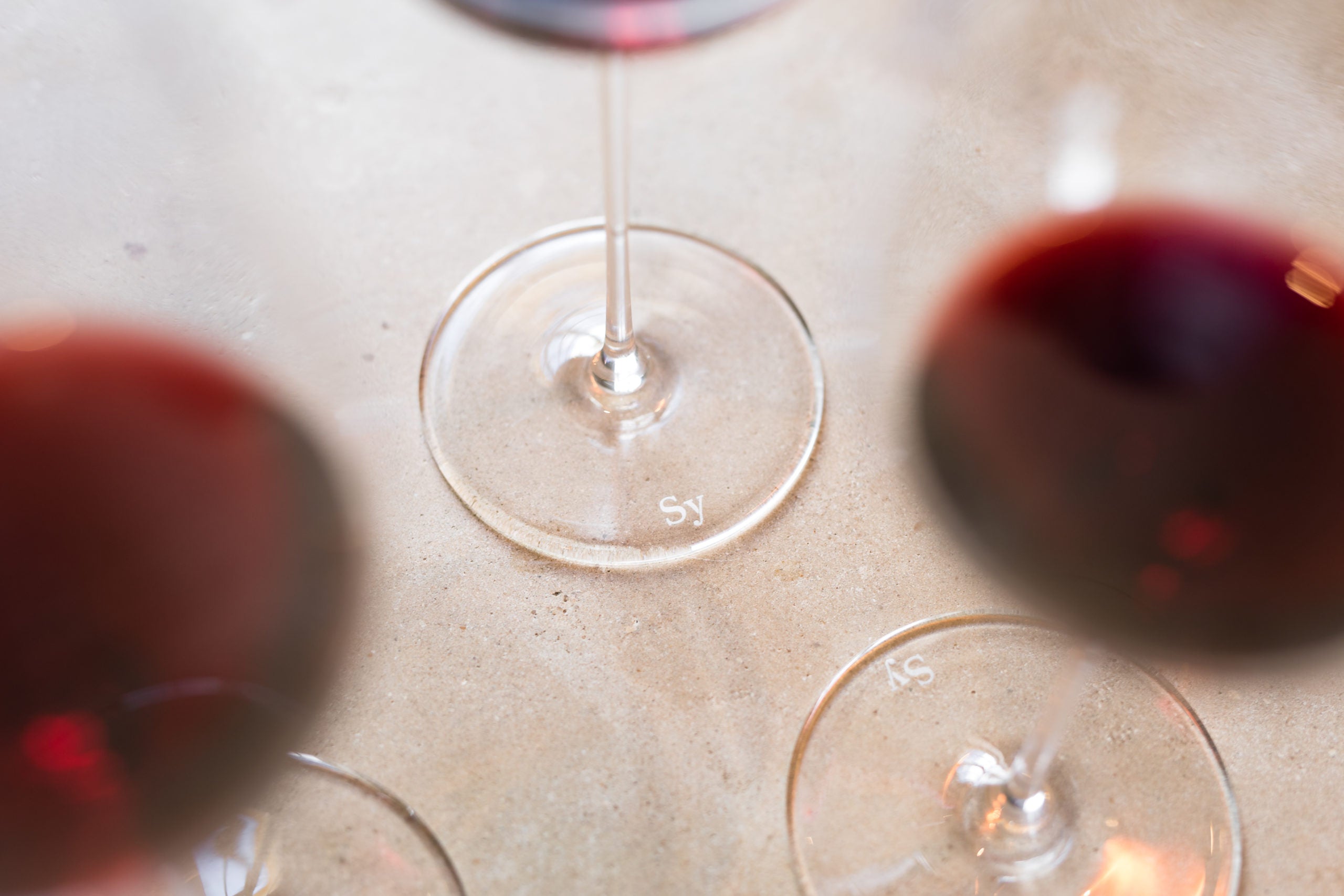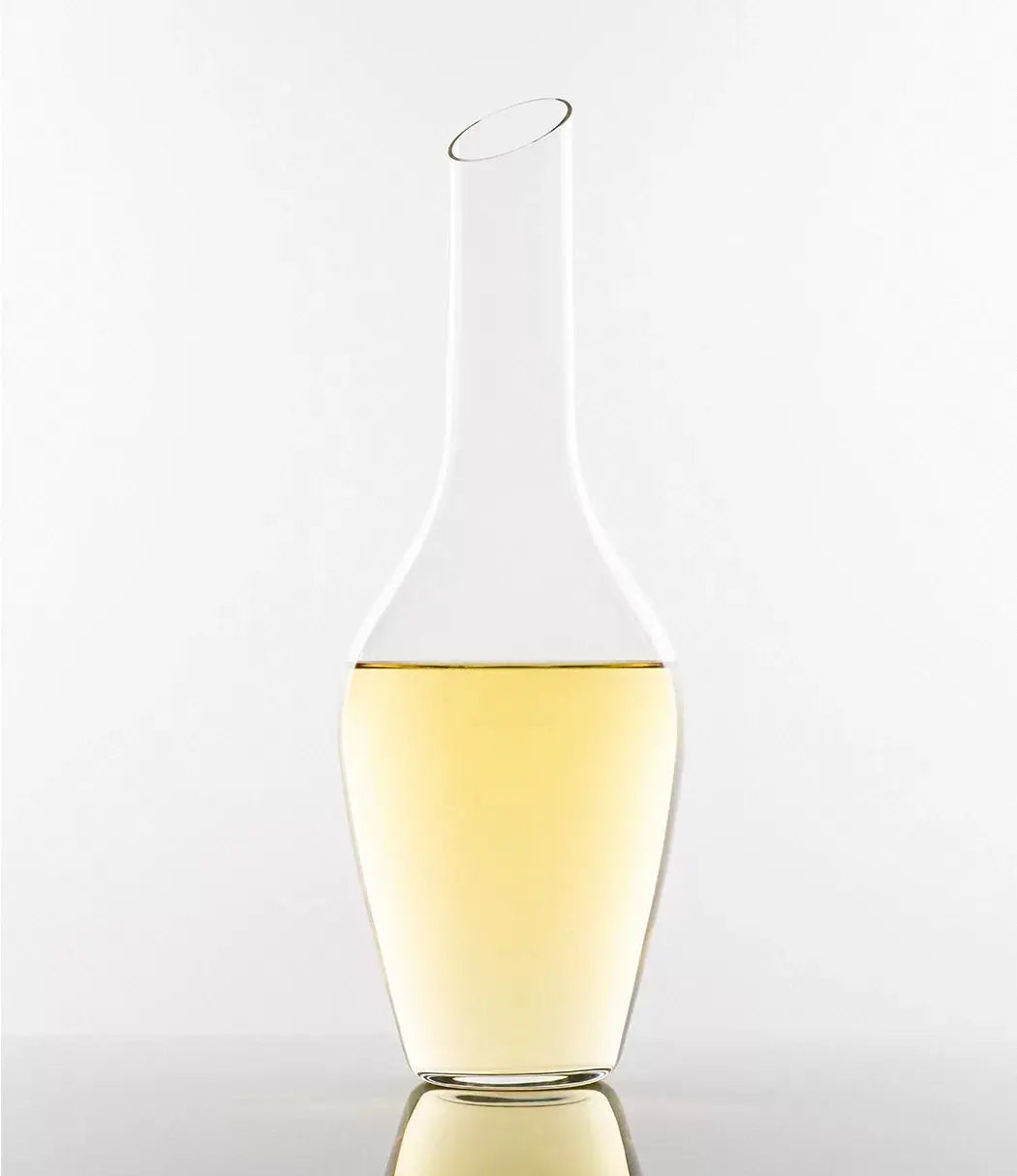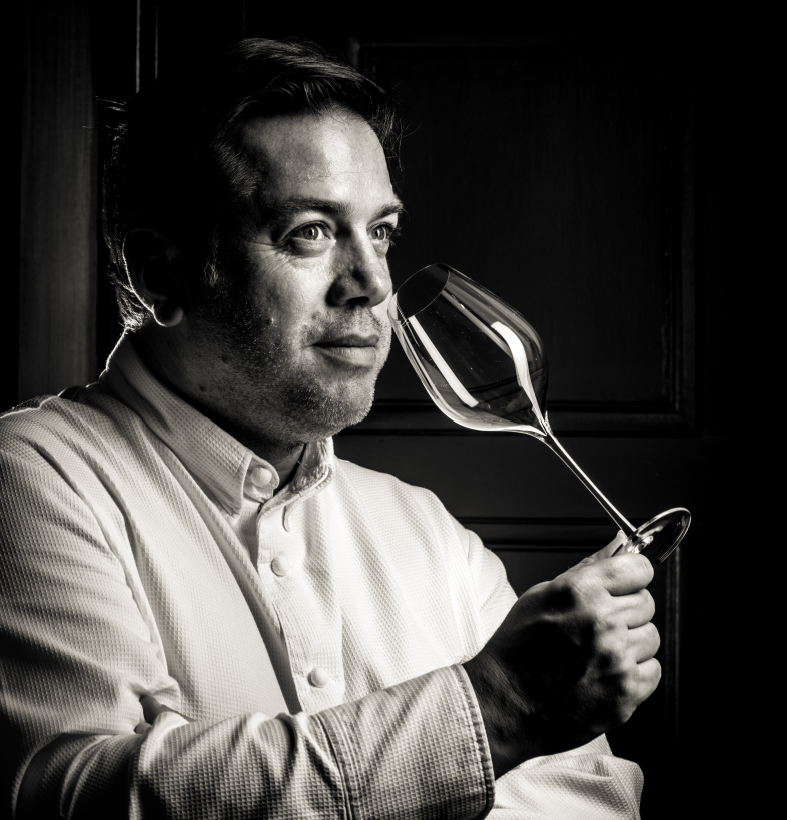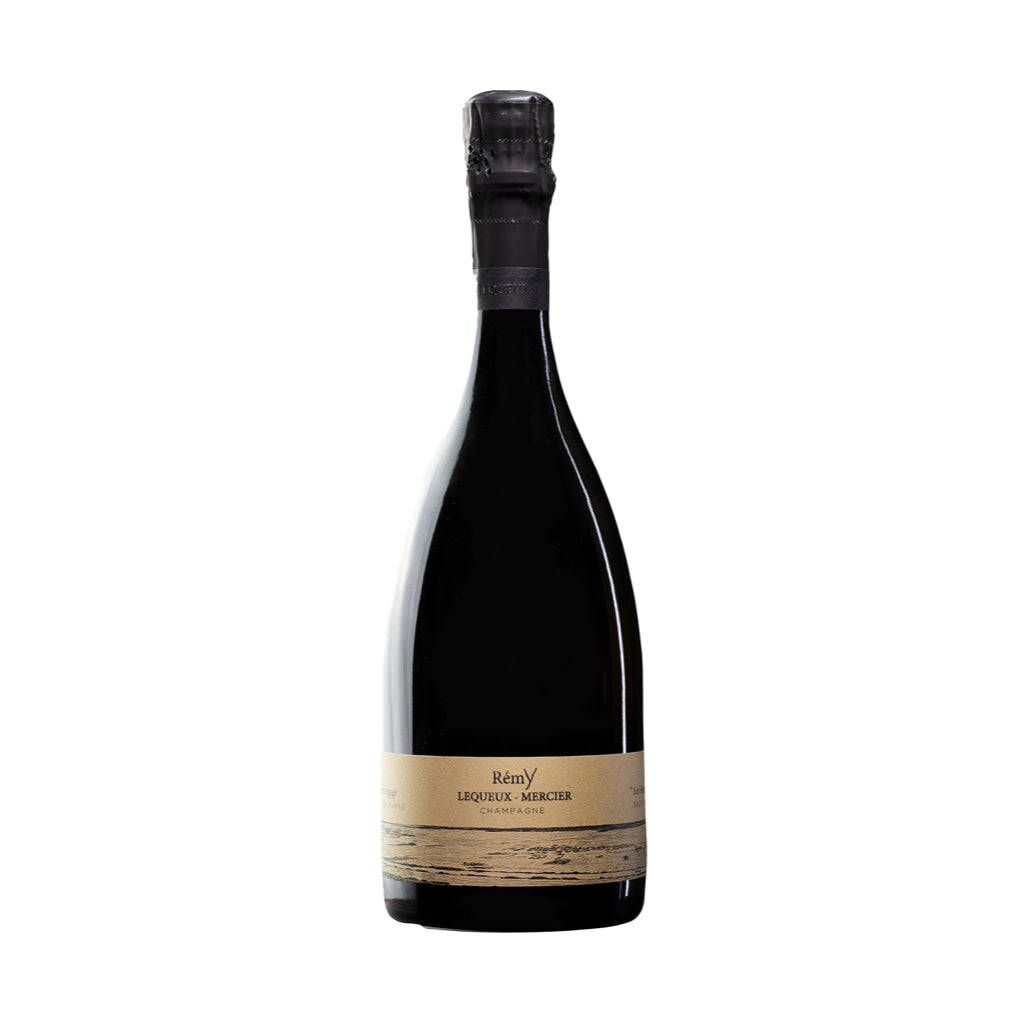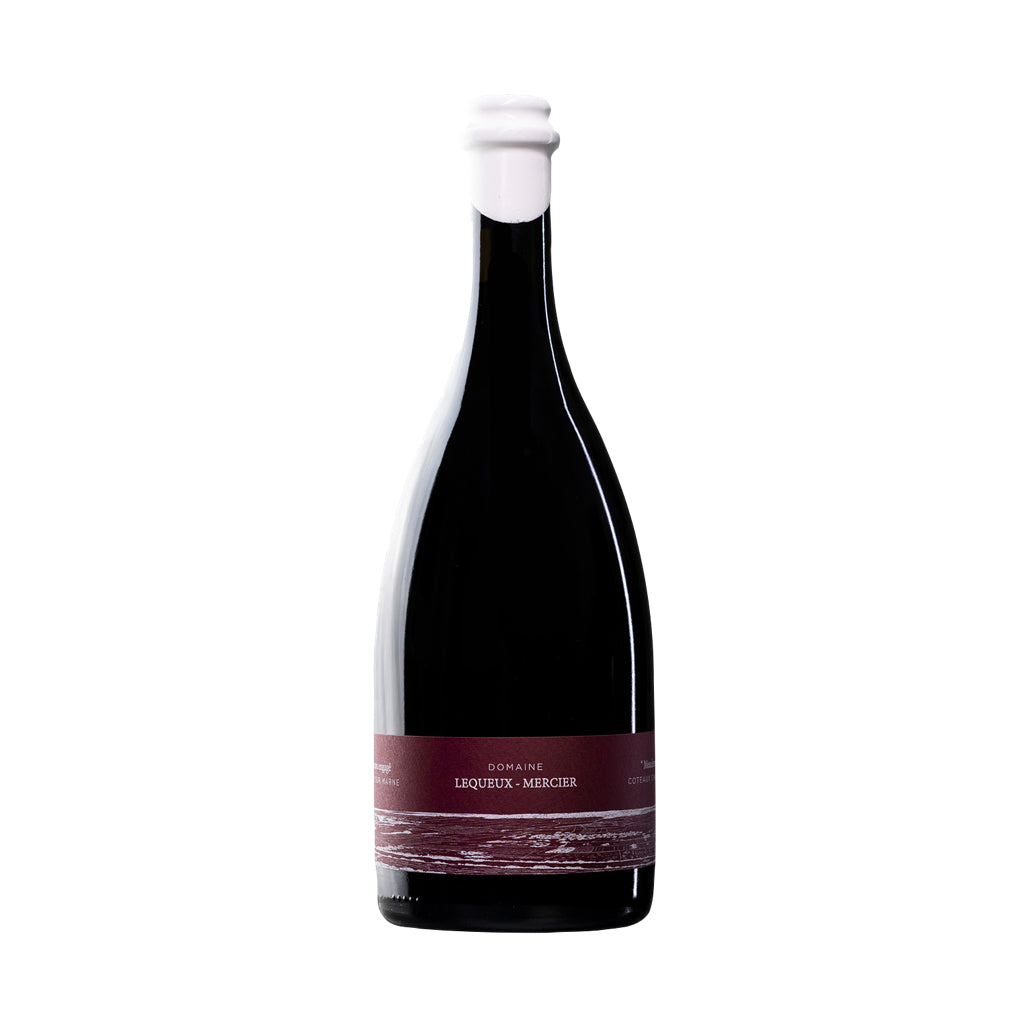“ There are no exceptional wines without exceptional grapes. ”
Located in Passy sur Marne, in the heart of the Marne Valley, the Lequeux-Mercier family home, owner of its entire vineyard, has been producing its champagnes for several generations while perpetuating tradition.
“Convinced of the need to respect and preserve the vineyard and its environment, we provide our vines with rigorous care by applying the great principles of sustainable viticulture. As independent winegrowers, we take responsibility for the production of our different vintages in order to share our passion and our exceptional products.”
TERROIR
The “Lequeux-Mercier” estate extends over 4 main communes located in Aisne and Marne.
7 hectares of vines owned spread over 25 plots in the terroirs of Passy-sur-Marne, Barzy-sur-Marne, Château-Thierry and Dormans.
“We cultivate the 3 Champagne grape varieties which allows us to blend them or not in order to combine the qualities of each (liveliness and freshness of Chardonnay / fruitiness of Pinot Meunier / body and power of Pinot Noir).
80% of the vines are exposed due south, in the middle of hillsides (ideal for the ripening of the grapes) and on rich soils (clay-marl).”
AT THE VINEYARD
“Viticulture is reasoned here and particular care is taken to respect the environment in each daily act. There are no exceptional wines without exceptional grapes. The objective is therefore to allow each vine to flourish in order to preserve the specificity of its flavors and the truth of the terroir. To optimize the structure of our soils, we practice:
- Plowing aerates the soil, makes the roots sink and eliminates the use of herbicides
- Natural and sown grass to limit soil compaction and improve water retention
- The contribution of coarse bark which will make a more stable, more aerated soil with a contribution of organic matter over the long term
- Observation in order to be the least interventionist
We are also increasingly practicing sexual confusion (which aims to disrupt the sexual activity of grape pests such as: Eudémis and Cochylis) in order to eliminate the use of insecticides. The grape is our raw material; its quality is imperative; it is expressed by the terroir. All these practices and many others, allow a better expression of the terroir in our grapes and therefore in our signature champagnes.”
IN THE CELLAR
At the end of the year, the grapes harvested by hand and at maturity are delicately transported to our press so as not to alter their quality. Slow and delicate pressing is essential in order to obtain fine and precise juices.
The grape varieties are separated as well as certain plots in order to produce single-plot champagnes such as our Cuvée de Réserve (Blanc de Blancs) from a single plot of Chardonnay. Alcoholic fermentation takes place for as long as possible in order to obtain very fine, blended aromas. Depending on the potential of the wine, malolactic fermentation is not systematic in order to allow the champagne to retain its original and authentic freshness.
Bottling takes place at the estate in April/May, so quite late in order to take advantage of the natural warming of the wines and aging on fine lees for several months. The bottles drawn are stored in our underground cellars, in the shade and in a cool place for a minimum of 4 years to more than 10 years for our vintages. The extension of aging on slats and lees contributes to the formation of so-called tertiary aromas. The champagne will have an optimum aromatic complexity when tasted.
When disgorging, the dosage of the liqueur varies between 3 and 7 g/l depending on the type of vintage in order to respect the tasting potential.
| Appellation | Champagne |
| Domaine | Rémy Lequeux-Mercier |
| Catégorie | Winemaker |
| Vignerons | Rémy Lequeux-Mercier |
| Terroir | Vallée de la Marne |
| Villages | Passy-sur-Marne, Barzy-sur-Marne, Château-Thierry, Dormans |
| Cépages | Meunier, Pinot Noir, Chardonnay |
| Surface | 7.0 hectares |
| Parcelles | 25 |
| Production | 25000 |
| Création | 1976 |
| Viticulture | Raisonnée |
FAQ
Where can I buy the Champagne Rémy Lequeux-Mercier at the best price?
At Succul', our partner online wine merchant and specialist in grower Champagne.
